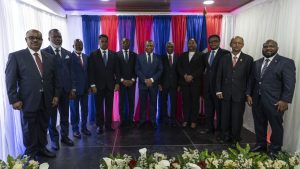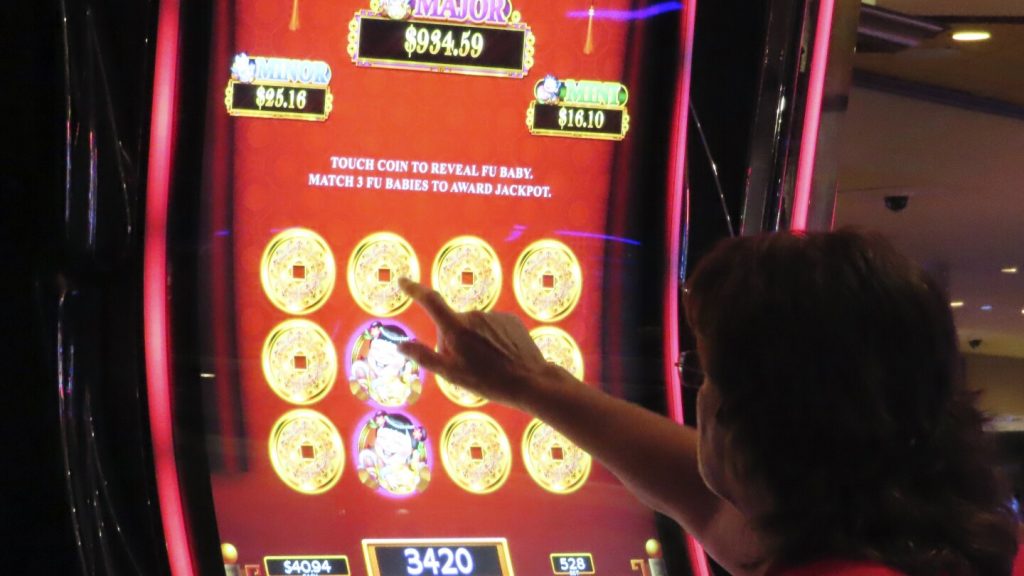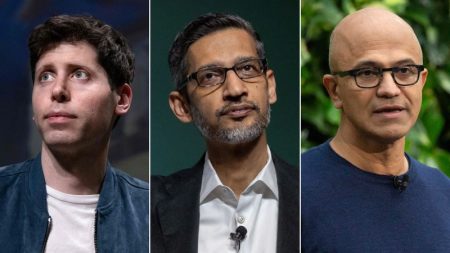The internet gambling market in New Jersey continues to thrive, with records being smashed in March. The casinos and their online arms won over $197 million from online casino games, setting another monthly record. Additionally, sports betting saw almost $1.33 billion worth of bets taken in March, fueled by the March Madness college basketball tournament. Including in-person casino winnings, internet gambling, and sports betting revenue, the total revenue for the casinos, their online partners, and horse tracks accepting sports bets reached over $526 million in March, marking an 8.1% increase from March 2023.
Despite the success in online gambling and sports betting, in-person gambling at Atlantic City’s casinos continues to struggle. The amount of money won from in-person gamblers is less than pre-pandemic levels, with only two of the nine casinos surpassing their earnings from before COVID-19. The Borgata, a popular casino, won $56.5 million in person in March, down 8.1% from a year earlier. However, Hard Rock saw an 11% increase, Ocean had a 17.6% increase, and Harrah’s and Tropicana both saw smaller growth in their in-person winnings.
Jane Bokunewicz, director of the Lloyd Levenson Institute at Stockton University, commented on the overall state of the Atlantic City gambling market. She noted that total gambling revenue for 2024 has had a solid start, showing an 11% increase over the first three months compared to the same period last year. This growth is attributed to a combination of in-person gambling, online gambling, and sports betting activities in the region. The casinos are particularly focused on in-person winnings as they can retain all of that revenue, unlike money from internet gambling or sports betting that must be shared with other parties.
When considering both in-person and online revenue, the Borgata saw a total of $106.6 million in March, down 6.1% from the previous year. Other casinos such as Golden Nugget, Hard Rock, Ocean, and Tropicana experienced growth in their total earnings, fueled by a combination of in-person and online gambling activities. Some casinos, like Caesars and Resorts, also saw increases in their in-person winnings, contributing to the overall growth in the region’s gambling revenue. However, online arms such as Resorts Digital and Caesars Interactive NJ experienced declines in their earnings, highlighting the complexity of the different revenue streams within the industry.
Overall, the Atlantic City gambling market continues to show resilience and growth, despite some challenges in the in-person gambling sector. The success of online gambling and sports betting has been a significant driver of revenue for the casinos, their online partners, and the horse tracks accepting sports bets. With total revenue exceeding $526 million in March and showing an 8.1% increase from the previous year, the industry remains a vital economic contributor to the region. As the market continues to evolve and adapt to changing conditions, it will be interesting to see how it navigates future challenges and opportunities in the ever-changing landscape of the gambling industry.
















